DIY vs Professional Security System: Making the Right Choice for You
When it comes to protecting your home or business, choosing the right security system is one of the most important decisions you’ll make. There are two main approaches to home protection: DIY and professional security. The choice usually comes down to DIY security systems or professional security systems. Both offer strong protection, but they differ in cost, setup, monitoring, and long-term value.
DIY home security systems appeal to those who want flexibility, lower upfront costs, and the ability to control their own security system. Professional systems, on the other hand, offer expert installation, ongoing support, and professional monitoring services that can provide added peace of mind.
Understanding the key differences between these two approaches to home security systems will help you find the right security solution for your needs. Let’s break them down in detail.
Benefits of DIY

- Cost Savings: One of the biggest draws of DIY systems is cost. By skipping professional installation services, you save on installation fees, which usually range from $100 to $200. You also avoid activation fees that can add another $50–$100. That’s money in your pocket for other home improvements.
- Flexibility and Control: DIY kits let you decide what you need: from security cameras and motion detectors to video doorbells and smart locks. You can start small and expand later, adding components as your security needs change. Many systems also allow you to switch between self-monitoring and optional professional monitoring. There are various DIY options available, enabling you to tailor your system to suit your preferences and budget.
- Ease of Installation: DIY installations are straightforward. With wireless sensors, peel-and-stick adhesives, and intuitive apps, most DIY systems take only 30 minutes to three hours to install. Even beginners can usually set up their own system without much hassle.
- No Long-Term Contracts: Unlike many professionally installed systems, DIY systems rarely lock you into long-term contracts. You can cancel or adjust monitoring as needed, giving you more financial freedom.
Professional Security Features

- Expert Installation: Security experts ensure that all the components—from the control panel to security cameras—are installed correctly. This minimizes errors and reduces the chance of false alarms. For wired systems or larger homes, professional help often makes more sense.
- Comprehensive Protection: Professional systems typically include advanced features such as smoke detection, carbon monoxide sensors, and integrated video doorbells. Some even bundle home automation tools that control lighting and locks.
- 24/7 Professional Monitoring: With professional monitoring, you get round-the-clock protection. Monitoring centers can quickly dispatch emergency responders during break-ins, fires, or medical emergencies. This level of service provides peace of mind that DIY systems may not fully match. Choosing a reliable security service is essential for ongoing monitoring and integration of your security technology.
- White-Glove Service: A major benefit is convenience. From installation to setup tutorials, the technician walks you through your new system so you know exactly how to use it. Many security companies also offer ongoing maintenance and support, along with warranties for additional reliability.
Security System Installation
Installing a home security system is one of the biggest decision points when weighing DIY installations versus professional installations. The method you choose will affect cost, convenience, and the reliability of your setup.
DIY Installation
DIY installation appeals to people who want to take control of their setup without paying extra fees. Most DIY systems today are wireless, making them easy to set up and flexible to move around. The process usually includes:- Unboxing the kit.
- Setting up the control panel or hub.
- Pairing devices like sensors and cameras.
- Placing components around your home.
- Testing and activating the system.
Professional Installation
Professional installation is designed for homeowners who want expert assistance and a stress-free process. Professional installation typically involves an installation fee, which often ranges between $99 and $199. Larger or more complex setups may require a whole day of work, especially for wired systems or large properties.

The benefit is that trained technicians ensure everything is installed correctly and optimized for maximum coverage. They can also provide advice on the best placement for cameras, motion detectors, and control panels. If you value convenience or own a bigger property with complex wiring, paying the extra fee for professional installation makes sense.
Costs and Fees
Choosing between DIY and professional systems often comes down to money. The monthly fee for monitoring can vary significantly between DIY and professional systems, with DIY options often having no monthly fee while professional systems typically require one. Most security systems offer both self-monitoring and professional monitoring options, allowing users to choose the level of service that fits their needs and budget. While both involve upfront equipment costs, the difference lies in installation costs and the ongoing fees to monitor your system.
DIY System Costs
DIY systems are usually the most budget-friendly option:- Upfront cost: Equipment-only, usually $200–$400 for starter kits.
- Installation cost: None, aside from your own time.
- Monitoring: Optional. Self-monitoring is free; professional monitoring ranges from $15 to $30/month.
Professional System Costs
Professional systems cost more upfront but include added services:- Upfront cost: Equipment plus installation, usually $500+.
- Installation fees: Typically $100–$200; can go higher for complex systems.
- Monitoring: $45–$60/month on average, often with a long-term contract.
- Activation fees: Sometimes an extra $50–$100.
Security System Comparison
When comparing DIY vs professional security system options, it’s important to weigh more than just cost. Both types of systems provide value depending on your situation.
DIY Pros and Cons
Pros:- Lower upfront and installation costs.
- Flexible and customizable kits.
- No contracts and optional monitoring.
- Easy to install for most users.
- Prone to human error during setup.
- Limited support.
- May lack advanced features.
Professional Pros and Cons
Pros:- Expert installation by trained technicians.
- Comprehensive features including smoke detection.
- Reliable 24/7 professional monitoring.
- Ongoing support and maintenance.
- Higher upfront and monthly costs.
- Often tied to long-term contracts.
- Requires scheduling installation.
DIY Home Considerations
Before committing to a DIY approach, consider how well it suits your lifestyle and property. DIY systems are best for:- Small homes or apartments: Easy to cover with just a few sensors and cameras.
- Budget-conscious users: Save on installation and avoid contracts.
- Tech-savvy homeowners: Comfortable setting up devices and troubleshooting.
Professional Monitoring Services
Monitoring is what makes a security system proactive rather than reactive. Professional monitoring adds an extra layer of security beyond what self-monitoring provides, with trained operators ready to respond 24/7.
Benefits- Rapid emergency response with police, fire, or medical dispatch.
- Reduced risk of ignored or missed alerts.
- May lower your homeowner’s insurance premiums.
Next Steps & Recommended Accessories
Once you’ve chosen your system, make it even more effective with the right accessories. Wasserstein offers a wide range of products that integrate seamlessly with both DIY and professional setups:- Wasserstein Solar Panels – Keep your security cameras powered continuously without worrying about battery swaps.
- Wasserstein Protective Covers & Mounts – Protect cameras from weather damage and position them for the best coverage.
- Wasserstein Floodlight and Charger Combos – Add extra lighting and consistent charging to maximize security.
FAQs
Are DIY security systems effective?
Yes. Modern DIY systems with wireless sensors and cameras are effective for most homes. Their reliability depends on proper installation and whether you choose self-monitoring or professional monitoring. For small homes or apartments, DIY kits provide affordable, reliable protection within minutes of setup.
What is the difference between self-monitoring and professional monitoring?
Self-monitoring means you get alerts on your phone and decide how to respond. Professional monitoring uses trained staff available 24/7 to dispatch emergency help if needed. Self-monitoring is free, but professional monitoring ensures faster, more reliable responses in urgent situations.
Do homeowners have to hire professionals to install a home security system?
No. Most DIY systems use wireless components and peel-and-stick sensors designed for quick setup. However, if your home is large, has complex wiring, or you prefer expert accuracy and convenience, professional installation is the safer choice.
What security system do burglars hate?
Burglars dislike visible cameras, loud alarms, and signs of active monitoring. Both DIY and professional systems can deter break-ins if installed strategically. Professional systems may add stronger sirens, stickers, and yard signs that enhance deterrence further.
What is the DIY home security system installation process?
A typical DIY process includes unboxing, connecting the hub to Wi-Fi, pairing sensors, mounting devices with adhesive or screws, and testing. Most installations take 1–3 hours, depending on how many devices you need to set up.
Pros and cons of DIY vs professional security systems
DIY systems are cheaper, flexible, and quick to install but risk errors and limited support. Professional systems are reliable, include expert installation, and strong monitoring but require higher costs and often contracts. Your choice depends on budget, property size, and desired convenience.
Best DIY security systems for small apartments
Ring Alarm, SimpliSafe, and Abode are excellent choices. They’re affordable, wireless, and customizable for small spaces. These systems are easy to move, making them especially appealing for renters or those who plan to relocate in the future.
What are the monthly fees for professional security monitoring services?
Professional monitoring typically costs $45–$60/month for companies like ADT or Frontpoint. DIY providers such as SimpliSafe or Ring offer professional monitoring at $15–$30/month, giving homeowners flexibility depending on budget and desired level of service.
What’s included in a professional security system installation package?
A professional package often includes a control panel, entry sensors, motion detectors, and sometimes cameras or smoke detectors. Technicians install, test, and activate monitoring, ensuring all devices work correctly while showing you how to use the system.


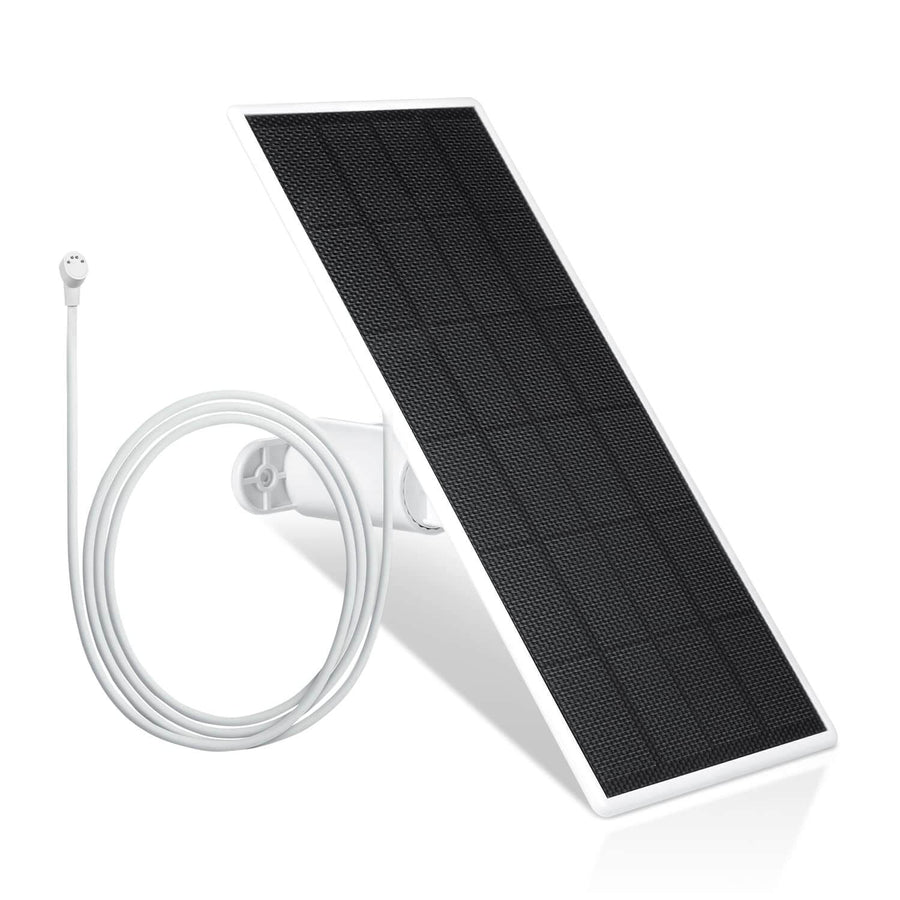
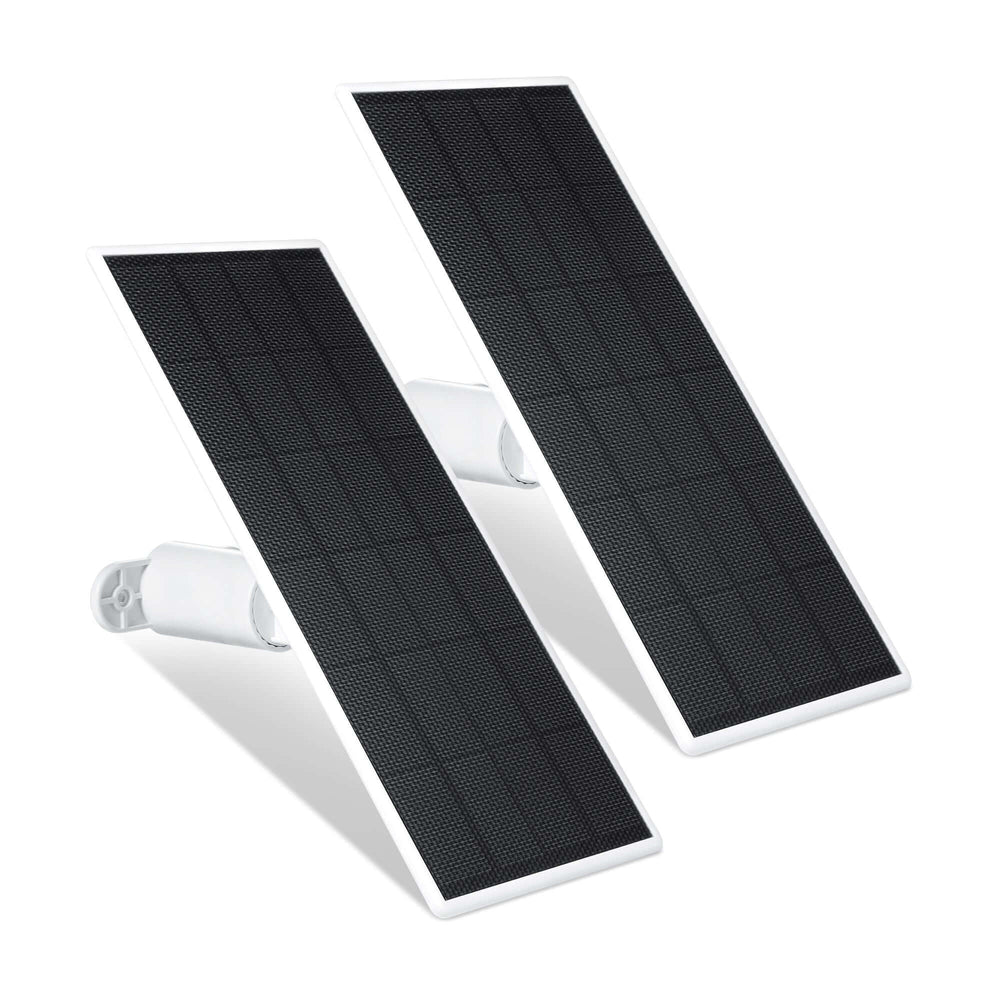
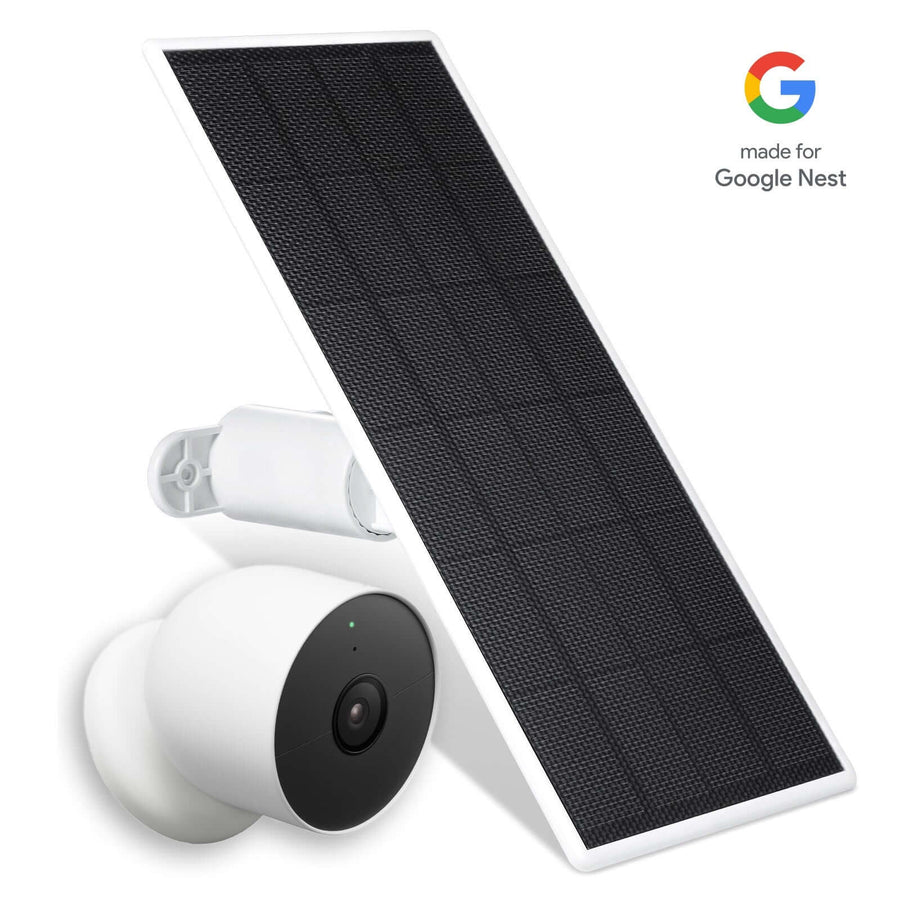
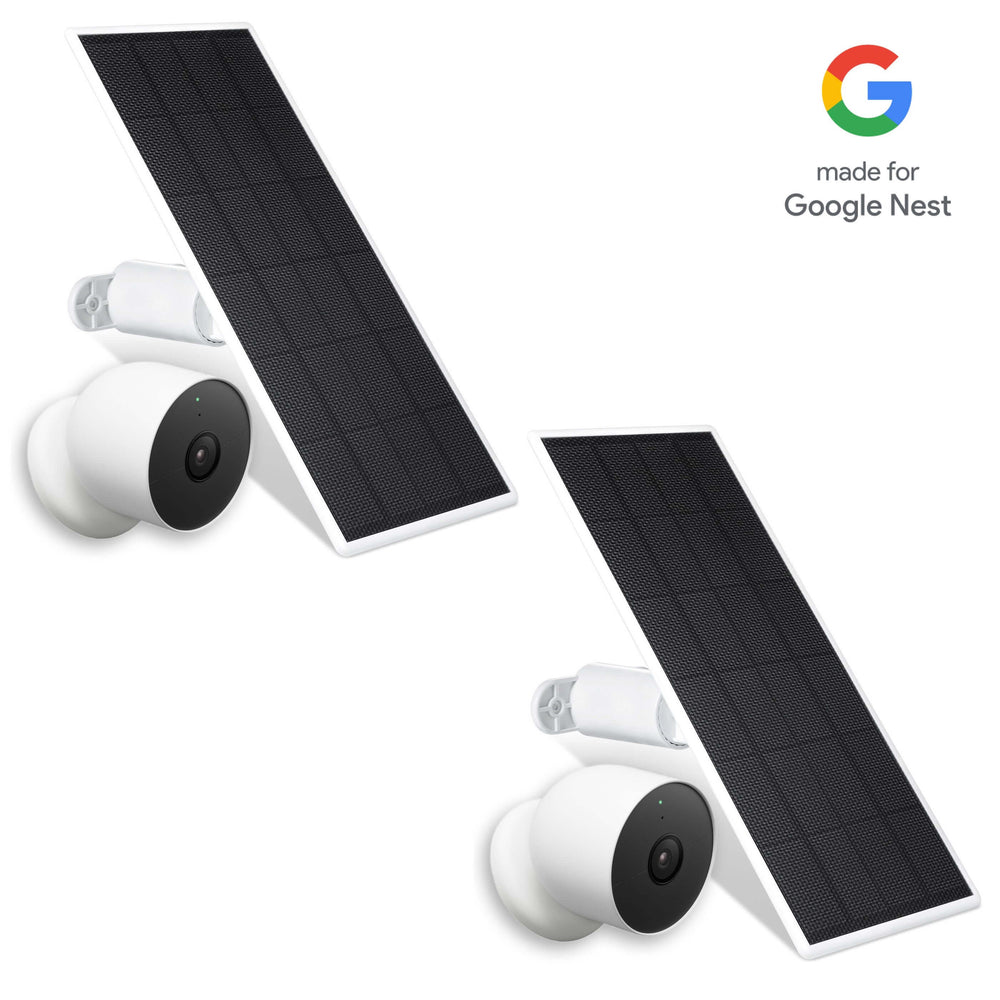
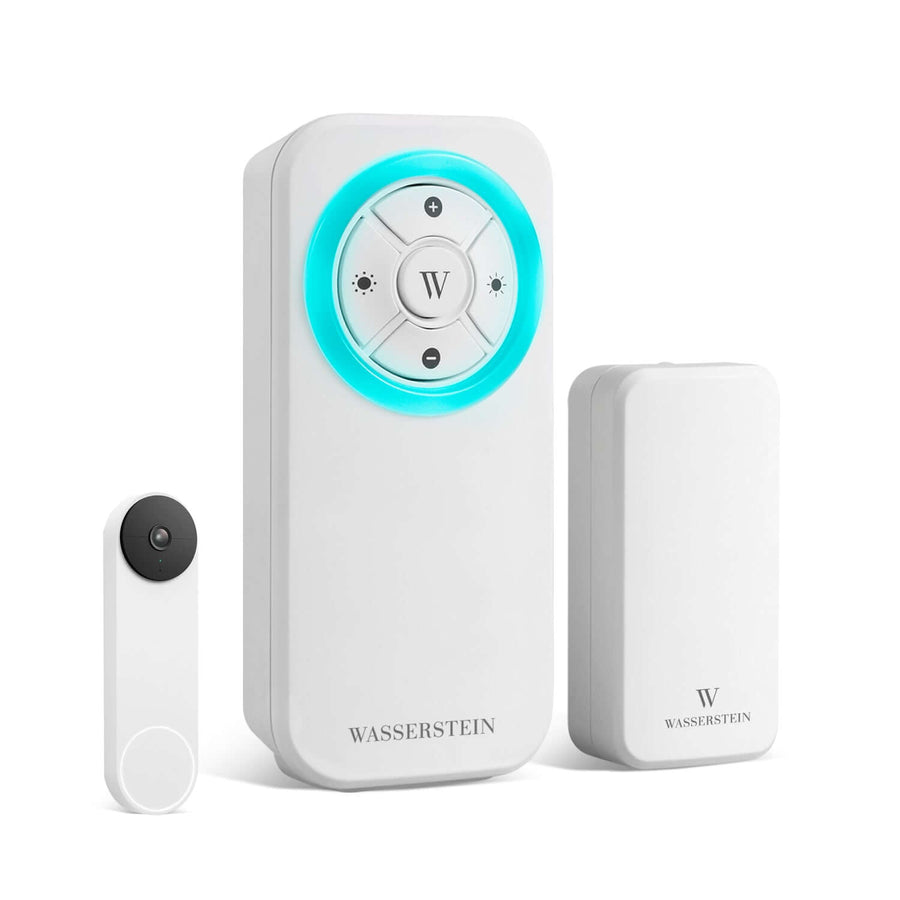
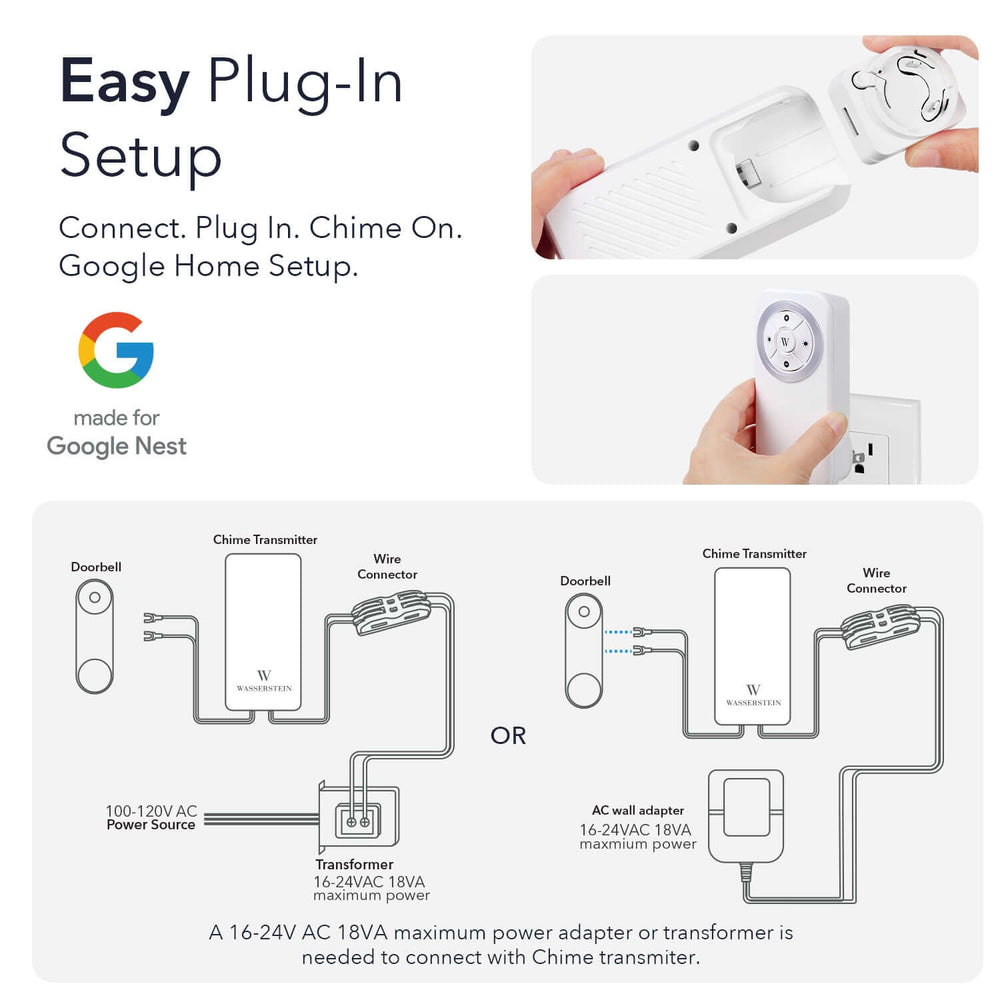
Leave a comment